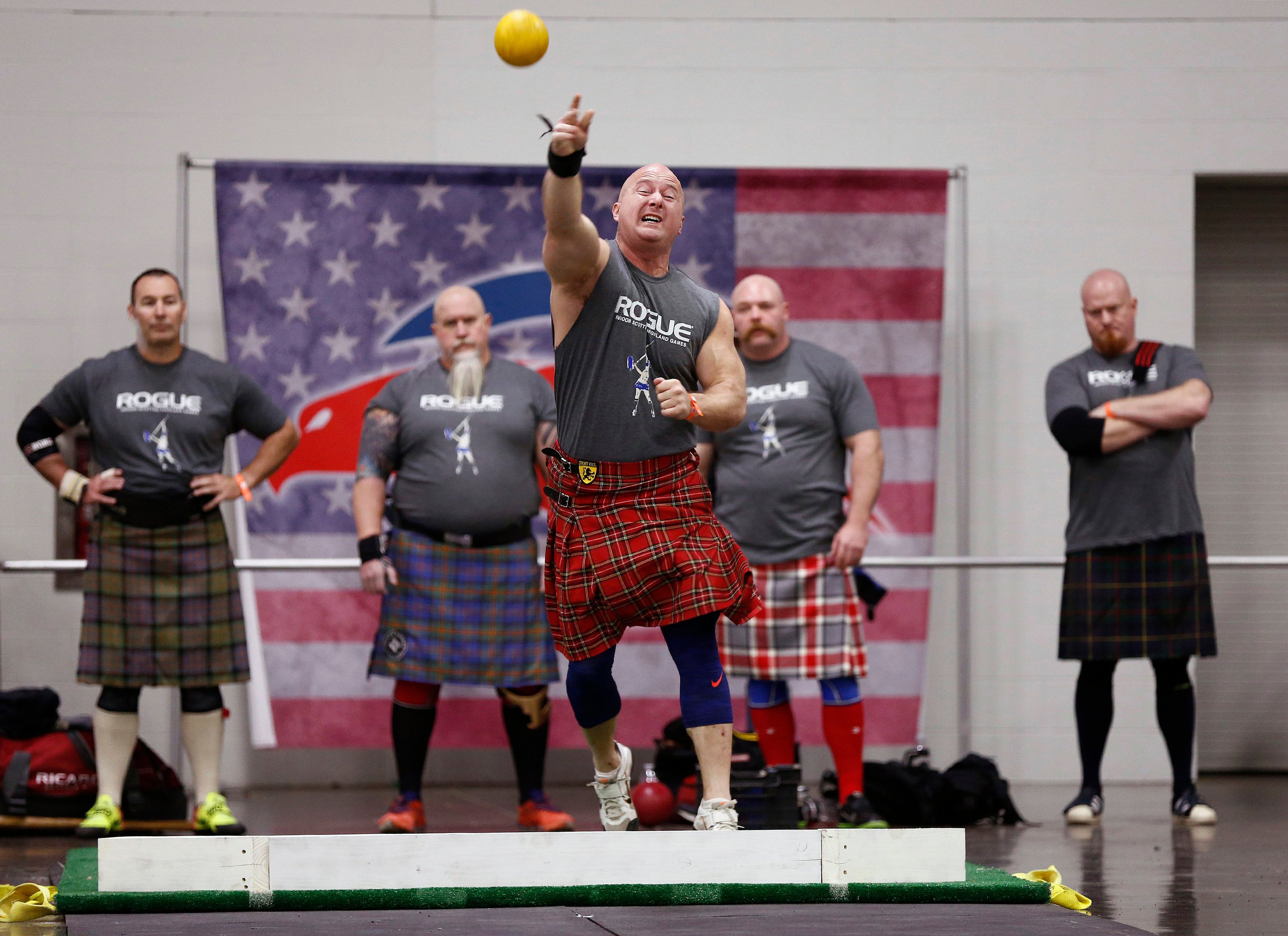Arnold Sports Festival returning to Ohio's capital city
Organizers say the Arnold Sports Festival is returning to Ohio's capital city as one of the country's biggest sporting festivals

Your support helps us to tell the story
From reproductive rights to climate change to Big Tech, The Independent is on the ground when the story is developing. Whether it's investigating the financials of Elon Musk's pro-Trump PAC or producing our latest documentary, 'The A Word', which shines a light on the American women fighting for reproductive rights, we know how important it is to parse out the facts from the messaging.
At such a critical moment in US history, we need reporters on the ground. Your donation allows us to keep sending journalists to speak to both sides of the story.
The Independent is trusted by Americans across the entire political spectrum. And unlike many other quality news outlets, we choose not to lock Americans out of our reporting and analysis with paywalls. We believe quality journalism should be available to everyone, paid for by those who can afford it.
Your support makes all the difference.The Arnold Sports Festival, one of the country's biggest such festivals, is returning to Ohio's capital city next week, two years after becoming one of the nation's earliest and most prominent economic victims of the pandemic.
Founded in 1989 as a bodybuilding competition by Arnold Schwarzenegger, the annual festival has since grown into a giant affair that includes weightlifting, running races, martial arts, table tennis and jump roping, among many other sports. Each year, it draws tens of thousands of participants and spectators to Columbus with an economic impact of more than $50 million.
Ohio had no confirmed COVID-19 cases and was monitoring one person who showed signs of illness when, on March 5, 2020, then state Health Department Director Dr. Amy Acton announced strict limitations on Arnold attendance.
That order limited spectators to parents or guardians of minors participating in the festival, and also allowed attendance at some weekend events including the men's and women's physique finals. It was one of the early and aggressive actions taken by GOP Gov. Mike DeWine, who soon thereafter became the first governor of either party to close schools.
At the time, DeWine said the Arnold was different from other events because most competitions were general admission, not single-ticket entry.
The full Arnold Sports Festival was canceled last year, though a small body-building competition was held in September. It returns as a full event next week; a Columbus-wide mask mandate will still apply.
Since March 2020, the state has experienced more than 2.6 million COVID-19 cases, including more than 112,000 hospitalizations and more than 36,200 deaths.
Cases skyrocketed in December and January as the omicron variant spread across the state. But case numbers have plummeted in recent weeks.
The seven-day rolling average of daily new cases in Ohio did not increase over the past two weeks, going from 3,472.86 new cases per day on Feb. 9 to 1,355.86 new cases per day on Feb. 23, according to data collected by the Johns Hopkins University Center for Systems Science and Engineering.
Nevertheless, current Health Director Dr. Bruce Vanderhoff continues to urge people to follow mask mandates as they apply and to consider receiving a vaccine. About 57% of Ohio's population, or about 6.7 million people, are fully vaccinated.
No Ohio county is yet under the 50 cases per 100,000 population rate, considered the threshold below widespread transmission, Vanderhoff said.
“COVID-19 is still a real presence in Ohio, and as much as we look forward to declaring that we're in the all clear, the data still point toward caution, and tell us we're not quite there yet,” Vanderhoff said Thursday.